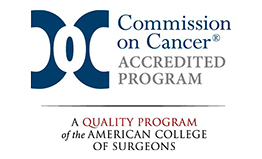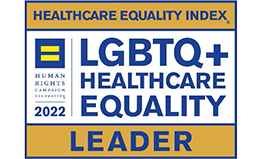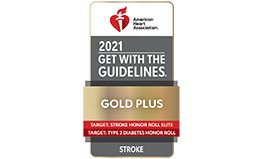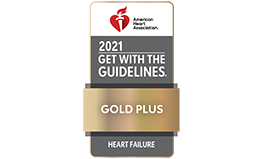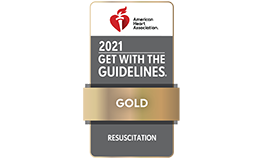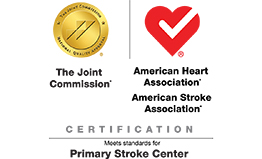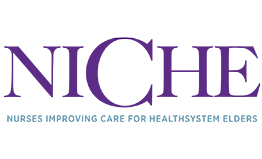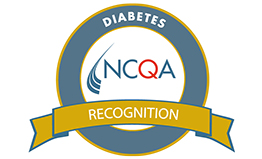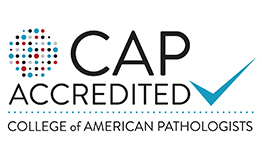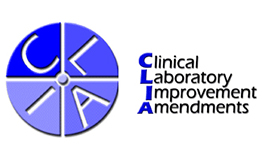By Kathleen Toner, CNN
Story and video originally published on CNN.com
Brooklyn, NY (CNN)
As an emergency physician at Kings County Hospital Center, Dr. Rob Gore has faced many traumatic situations that he’d rather forget. But some moments stick with him.
“Probably the worst thing that I’ve ever had to do is tell a 15-year-old’s mother that her son was killed,” Gore said. “If I can’t keep somebody alive, I’ve failed.”
Gore, a Brooklyn native, finds violent injuries particularly hard to stomach — a feeling compounded by the fact that many of the victims he treats are young men of color.
“When I became an ER doc, my patients looked just like me,” he said. “A lot of this stuff really hits home.”
According to the Centers for Disease Control and Prevention, homicide is the No. 1 cause of death for black men ages 15 to 34.
“Conflict’s not avoidable. But violent conflict is,” Gore said. “Seeing a lot of the traumas that take place at work, or in the neighborhood, you realize, ‘I don’t want this to happen anymore. What do we do about it?'”
For Gore, one answer is the Kings Against Violence Initiative — known as KAVI — which he started in 2009. Today, the nonprofit has anti-violence programs in the hospital, schools and broader community, serving more than 250 young people.
Victims of violence are more likely to be reinjured, so the first place Gore wanted to work was in the hospital, with an intervention program in which “hospital responders” assist victims of violence and their family — a model pioneered at other hospitals. The idea is that reaching out right after someone has been injured reduces the likelihood of violent retaliation and provides a chance for the victim to address some of the circumstances that may have led to their injury.
Gore started this program at his hospital with a handful of volunteers from KAVI. Today, the effort is a partnership between KAVI and a few other nonprofits, with teams on call 24/7.
Yet Gore wanted to prevent people from being violently injured in the first place. So, in 2011, he and his group began working with a handful of at-risk students at a nearby high school. By the end of the year, more than 50 students were involved. Today, KAVI holds weekly workshops for male and female students in three schools, teaching mediation and conflict resolution. The group also provides free mental health counseling for students who need one-on-one support.
“Violence is everywhere they turn — home, school, neighborhood, police,” Gore said. “You want to make sure they can learn how to process, deal with it and overcome it.”
While Gore still regularly attends workshops, most are now led by peer facilitators — recent graduates and college students, some of whom are former KAVI members — who serve as mentors to the students. School administrators say the program has been a success: lowering violence, raising grades and sending many graduates on to college.
“This is really about the community in which we live” he said. “This is my home. And I’m going to do whatever is possible to make sure people can actually thrive.”
CNN spoke to Gore about his work. Below is an edited version of their conversation.
CNN: How did your background as a doctor influence your work?
Dr. Rob Gore: I just started asking myself, “Why does this stuff happen?” If we’re just doing these Band-Aid approaches, then they’re going to be suffering with the same problems. Your perspective completely changes if the trauma becomes personal. I started looking at violence as a public health problem — this preventable disease where if we intervene, we could really change the scope of this. I want to preserve life and improve vitality, and that has really inspired the work that we’ve been doing with KAVI.
CNN: Why is the hospital responder program necessary, and how does it work?
Gore: When you have domestic violence patients, everyone knows what to do — you call the sex abuse response team and start taking care of their physical and psychosocial needs. But when a 16-year-old male is shot in front of his building, often they’d just send him home. He’s going back to the same building, school — the same situation where he got into trouble and he’s expected to carry on normal life. No one has paid any attention to that kid’s needs.
Hospital responders are individuals from the same community who understand all the social, economic, even gang-related issues that might be impacting them. They are an advocate who makes sure that those patients are offered the same dignity as every other patient. They will follow up with the patients when they’re on the hospital wards. They want to make sure that you have a safe place to go and a ride home. They identify the specific needs of that patient and work with the social workers, who have access to other resources. And they keep following up even after the patient has been discharged. We want to make sure that they don’t come back for repeat injuries and that they can be in a position to take care of themselves and their families.
CNN: KAVI also has several community programs. What is their reach?
Gore: Our community programs cover a lot. Our tutoring program is run by medical students and emergency medicine resident physicians; it’s a way to build a bridge between the hospital and the community. Our afterschool program for middle school students is called KAVI YO, which stands for Young Ones, named in honor of Willis Young, one of our hospital responders who was stabbed and died in 2015.
We also have a summer camp where our high school students work with middle school students. Our students have so much potential. They just need somebody to help figure out how they can access it. That’s our ultimate goal — we want to make sure the people we’re serving are at their best.
![]() COVID-19 ALERT: Find COVID-19 Testing Sites. COVID-19 Vaccine Info. New Visitor Policy. Make a Donation.
COVID-19 ALERT: Find COVID-19 Testing Sites. COVID-19 Vaccine Info. New Visitor Policy. Make a Donation.




